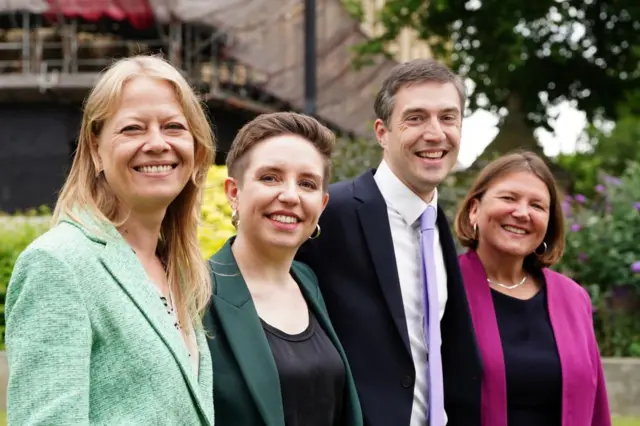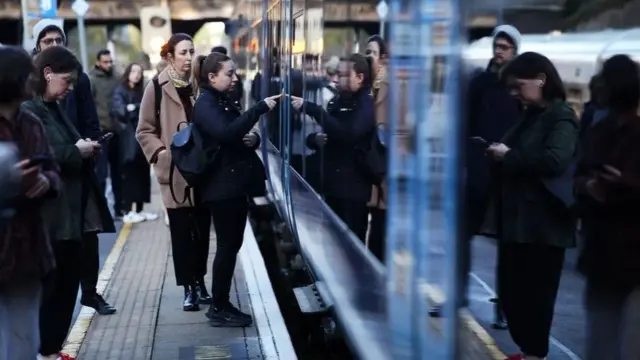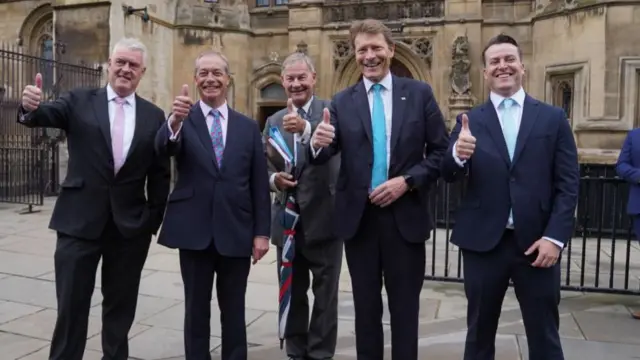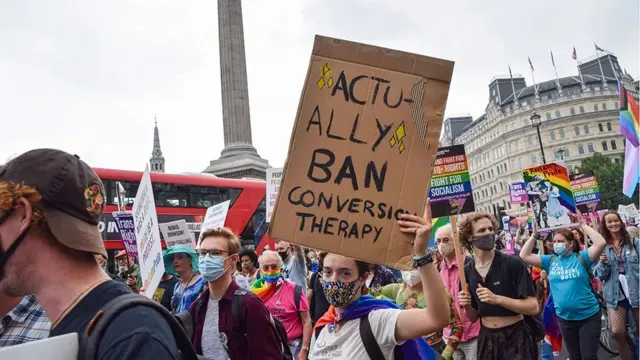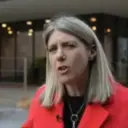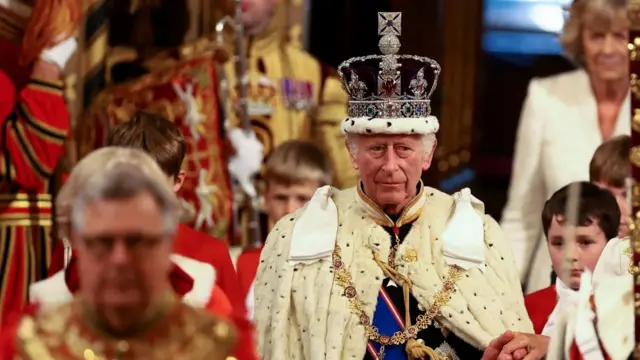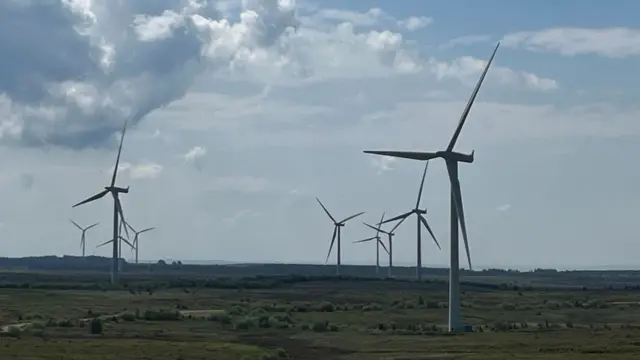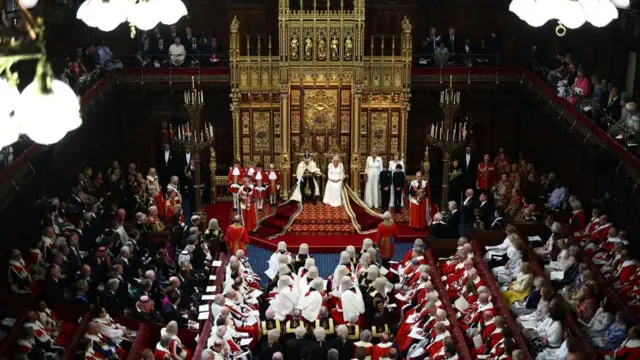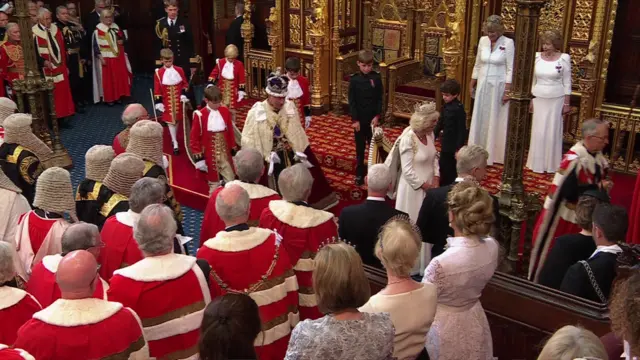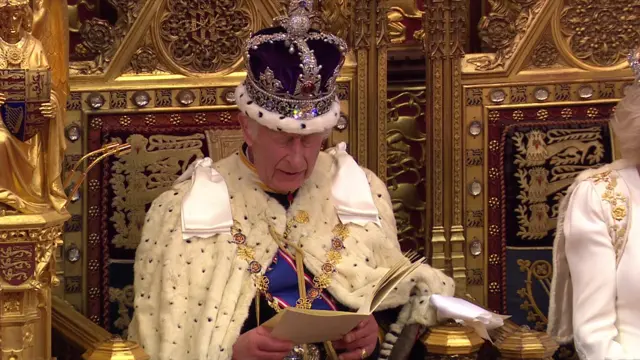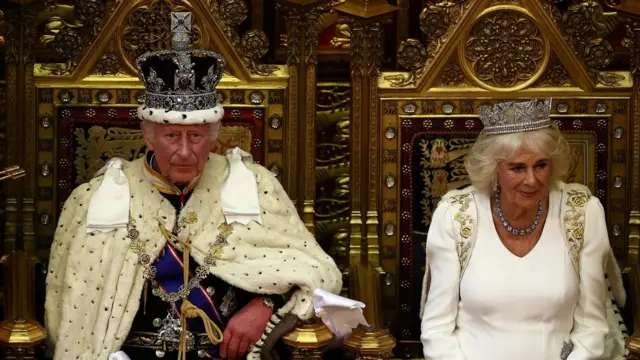Bus powers go local. But what does that mean?published at 12:36 BST 17 July 2024
 Katy Austin
Katy Austin
Transport correspondent
Buses are Britain’s most used form of public transport. But services have been in long-term decline, and the pandemic dealt a further blow.
Last year Greater Manchester became the first area outside of London to start franchising bus services, since deregulation in the 1980s.
That means instead of private bus companies setting timetables and fares, they’re set by the regional authority.
During the election campaign Labour promised new powers for local leaders to take control of bus services in their area, including through franchising.
It’s now announced a new law for England to make this happen. The restriction on creating new publicly-owned bus operators will also be lifted.
The government believes the changes will give local leaders the powers they need to improve bus services and provide what communities need.
The main risk involved is financial: enough people would need to use the services to avoid them losing money or fares having to go up.
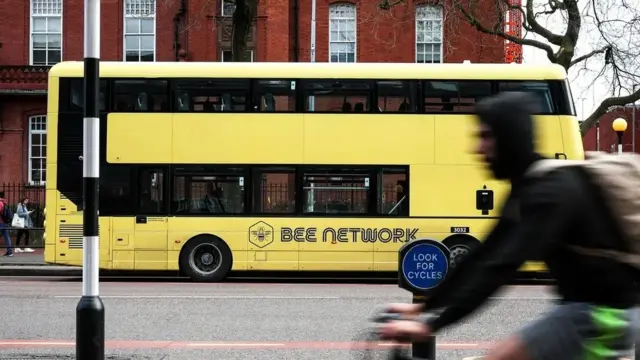 Image source, EPA
Image source, EPAThe Bee Network in Greater Manchester brought parts of the bus network back under local control
